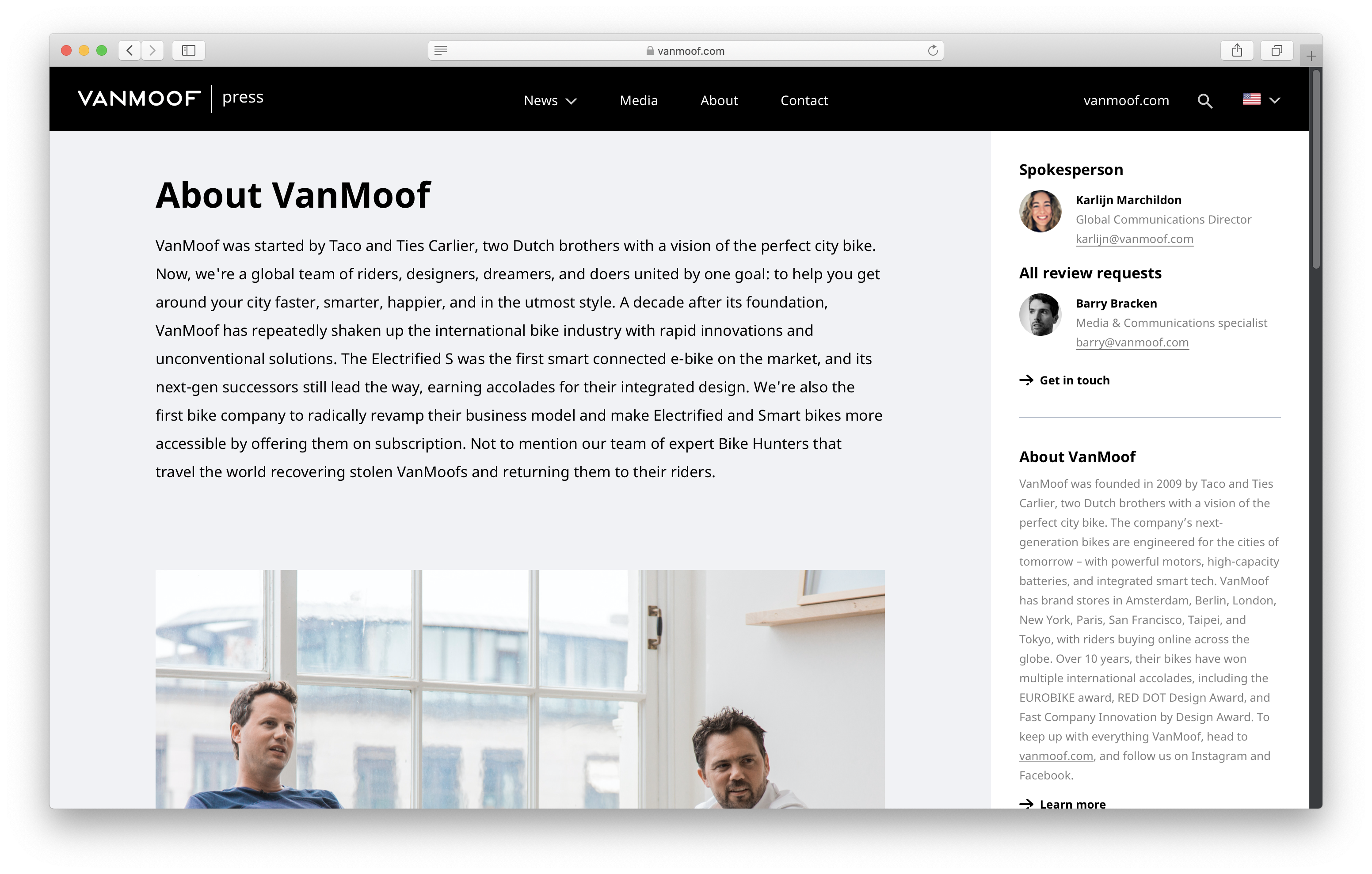Popular News - Questions
Unknown Facts About Popular News
Table of ContentsGetting The Popular News To WorkPopular News Things To Know Before You BuyIndicators on Popular News You Need To KnowFacts About Popular News RevealedThings about Popular News
HELOCs, on the various other hand, give you with a possibility to obtain even more money at lower interest prices for longer durations. "Normally, a HELOC will be much more flexible than an individual car loan, and they often bring a reduced rate of interest," claims Whitehead. He includes, "In my experience, individuals that do not possess a home, obtain an individual funding when they need money, and those who possess a home will certainly utilize a HELOC or similar kind of funding when they remain in the exact same spot." A is a kind of home loan that includes refinancing your existing home mortgage for even more than you owe and securing the difference in cash (Popular News).It permits you to borrow versus your equity with a lump sum amount or installation repayments. Lenders do not need repayments as long as your house stays your main residence, yet interest and charges accumulate as long as you have an exceptional equilibrium. A HELOC can be better since you do not have to be at the very least 62 and it allows you to obtain on an as-needed basis.
If you have a home and have enough equity, a HELOC can use a far better remedy. HELOC lending institutions frequently have versatile eligibility demands like cash advance lenders however supply bigger car loans, reduced passion prices and longer settlement terms.
Primarily, lenders provide all of the above benefits in exchange for a lien on your home. That means if you don't make all your payments in a timely manner, your home could go into repossession. Consequently, it's crucial to be positive that you can make your HELOC payments on schedule and as agreed.
Getting My Popular News To Work
To get the most effective deal, make certain to search and compare factors like funding quantities,, fees, settlement durations and rate of interest rates.
The big infant boom generation is reaching old age (many are already there), older people are living much longer, and there are less more youthful people entering the labor force to pay right into the system. Excess monies have been put into a count on fund over the years, and the system will certainly need to start dipping into these funds within a year or 2.
At that point, 58% of senior citizens stated Social Safety and security was a significant income source, essentially the same as today. In each of the past 17 years, Social Protection has topped the checklist of major incomes for retired people. An important aspect of Social Protection is (Popular News). Essentially, the lower the total income a retiree records, the more vital Social Security is as a part of that earnings.

How Popular News can Save You Time, Stress, and Money.
A Quinnipiac survey earlier this year revealed that less than fifty percent of Americans, 45%, believed that the Social Safety and security system would have the ability to pay "a benefit" when they were qualified to get it ("a" benefit could in concept be as reduced as a buck a month, naturally). A Bench Research poll last December revealed that 16% of Americans believed there would be sufficient money to give advantages to older Americans when they prepared to retire, another 42% claimed there would need to be minimized advantages, and 42% said there would not be enough cash in the system official source for them when they retired.
Well over 6 in 10 of those under 50 assumed that they would not have the ability to get a benefit. This is not brand-new. Some 36 years back, a Gallup evaluation reported that "63% of employed Americans hesitated they could not receive benefits in any way when they reached retirement age, while one more 16% thought advantages might not be like they are currently." Americans' concern regarding Social Protection in the future is also apparent from Gallup's annual April study asking nonretirees to project how essential a resource of retirement earnings Social Safety will certainly be when they retire.

About Popular News
Previously this year, Social Safety and security rated fourth in value to Americans out of a list of 12 possible concerns for the head of state and Congress to handle, behind just education, health care and the economy. This placed it in advance of other issues controling the political discourse today, consisting of migration, environment adjustment and income inequality.
Older Gallup poll study found that a bulk of Americans agreed with only two possible changes out of the list checked-- restricting advantages for wealthy senior citizens and requiring higher-income workers to pay even more into Social Security. A survey (PDF download) provided for the National Academy of Government-mandated insurance additionally showed assistance for raising the income cutoff factor where workers no more pay into the system.
A look at this now Quinnipiac poll previously this year revealed that much less than fifty percent of Americans, 45%, assumed that the Social Protection system would be able to pay "a benefit" when they were eligible to get it ("a" benefit might theoretically be as low as a dollar a month, naturally). A Bench Research study poll last December showed that 16% of Americans believed there would suffice money to offer benefits to older Americans when they were ready to retire, another 42% said there would certainly need to be minimized advantages, and 42% stated there would not suffice money in the system for them when Bonuses they retired.
The Only Guide for Popular News
More than 6 in 10 of those under 50 assumed that they would certainly not be able to get an advantage. This is not new. Some 36 years back, a Gallup evaluation reported that "63% of utilized Americans hesitated they might not receive benefits at all when they reached retirement age, while another 16% believed benefits might not be like they are currently." Americans' problem concerning Social Security in the future is also evident from Gallup's yearly April study asking nonretirees to predict just how essential a source of retirement earnings Social Safety and security will be when they retire.
At the exact same time, Social Security is barely a top-of-mind worry for the typical American, either. The dilemma in Social Safety and security is not impending, checks are still arriving, and much less than one-half of 1% of Americans mention Social Safety when we ask the general public, month after month, to name one of the most vital problem encountering the nation.
Previously this year, Social Safety ranked 4th in significance to Americans out of a listing of 12 possible priorities for the president and Congress to manage, behind just education, medical care and the economic situation. This put it in advance of various other issues dominating the political discussion today, including immigration, climate modification and income inequality.
Older Gallup poll research study discovered that a bulk of Americans agreed with just two potential modifications out of the list evaluated-- limiting benefits for rich retired people and calling for higher-income employees to pay more into Social Security. A survey (PDF download) done for the National Academy of Social Insurance coverage likewise showed support for elevating the earnings cutoff point where employees no much longer pay into the system.